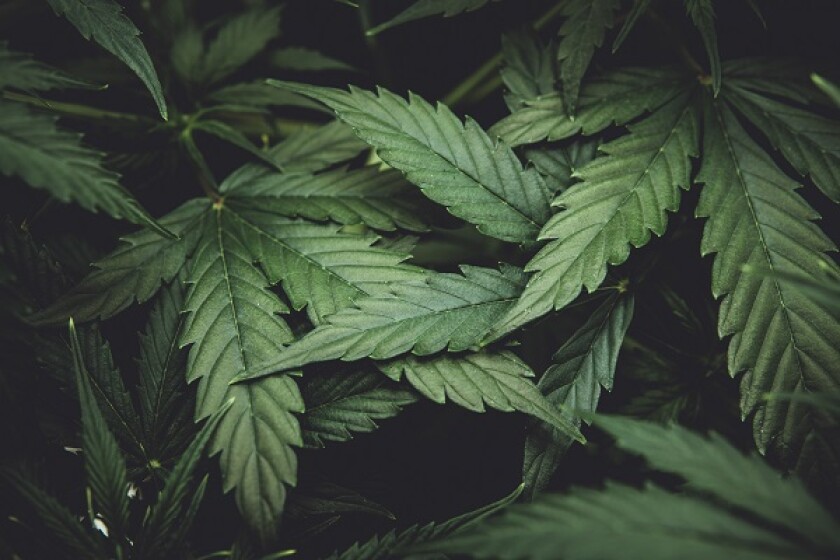In September 2020, New Zealanders will participate in a non-binding cannabis referendum on the question of whether to legalise the use and supply of cannabis. New Zealanders will be given the option of voting either for or against the proposed Cannabis Legalisation and Control Bill (the Bill). The final version of the Bill, which was released in May 2020, legalises the use of cannabis for persons over the age of 20, but places severe restrictions around the promotion and packaging of cannabis products.
Medicinal cannabis
In New Zealand, the use of cannabis for medicinal purposes is legal, and licensed commercial cultivation and manufacture of medicinal cannabis is permitted.
Trademarks covering medicinal cannabis can be registered with the Intellectual Property Office of New Zealand (IPONZ), provided the specifications are restricted to Class 5 (pharmaceutical products). If the trademark contains elements indicating that the goods are medicinal cannabis, but covers goods in other classes, IPONZ will raise a Section 17(1)(a) Trade Marks Act 2002 (TMA) "likely to cause confusion" objection against the application.
Acceptable descriptions in Class 5 would include "medicinal cannabis oil; medicinal cannabis balm; medicinal cannabis cookies." Trademark owners should take note of this policy, and cover all relevant medicinal cannabis products in Class 5, regardless of whether these products are in capsule, oil, or edible form.
Recreational cannabis
In New Zealand, the Misuse of Drugs Act 1975 prohibits the use and supply of recreational cannabis.
Trademarks covering recreational cannabis can nevertheless be registered with IPONZ. Article (15)4 of the Agreement on Trade-Related Aspects of Intellectual Property Rights (TRIPS), which New Zealand has ratified, provides that "the nature of the goods or services to which a trade mark is to be applied shall in no case form an obstacle to registration of the trade mark."
Consequently, IPONZ should not raise a Section 17(1)(b) TMA "contrary to law" objection to a trademark application covering recreational cannabis, and the application should proceed to registration if there are no other issues.
Trademark owners should note, however, that if a trademark is not used for a continuous three-year period, it may become vulnerable to revocation for non-use. Although a trademark owner in New Zealand can successfully defend a non-use action by showing "special circumstances that are outside the control of the owner" under Section 66(2) of the TMA, it is unlikely that the prohibition against the use and supply of recreational cannabis will qualify as "special circumstances."
Those who register trademarks for recreational cannabis before the Bill passes are therefore at risk of having their registrations revoked for non-use.
The proposed Cannabis Legalisation and Control Bill
As part of its harm prevention approach, the proposed Bill places severe restrictions on the promotion of recreational cannabis products and imposes strict packaging standards.
The Bill also places limitations on the use of cannabis product trademarks. In particular, the Bill prohibits cannabis product trademarks from being:
promoted or advertised;
displayed outside a retailer's place of business;
used on non-cannabis products; or
used in relation to services, activities, events, scholarships and sponsorships.
In addition, the Bill gives the governor-general the power to make regulations prescribing the appearance of packaging for cannabis products, including the font, size, and colour scheme of cannabis product trademarks. These regulations are likely to be similar to the Smoke-Free Environment Regulations, which prescribe a standard font and size for tobacco product trademarks.
Key takeaways
If there is a majority yes vote in New Zealand's upcoming cannabis referendum, and the proposed Bill passes, New Zealand's trademark landscape will change.
Trademark applicants looking to register and use cannabis product trademarks in New Zealand should note that the font, size and colour of their trademarks are likely to be governed by strict regulations, and that they will be prohibited from advertising and promoting their trademarks in the New Zealand market.











